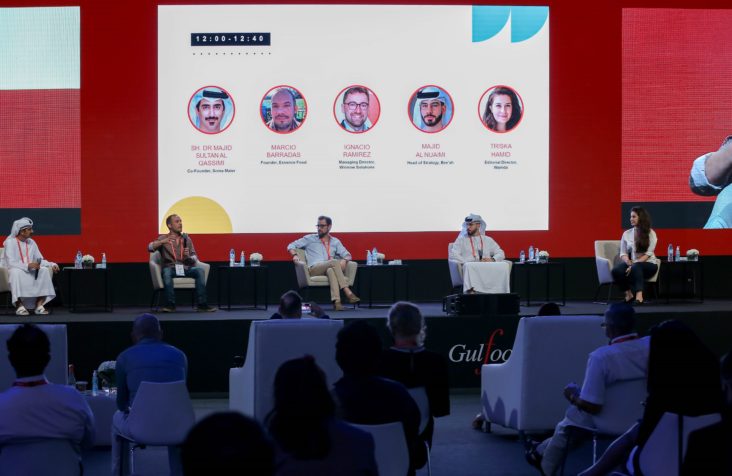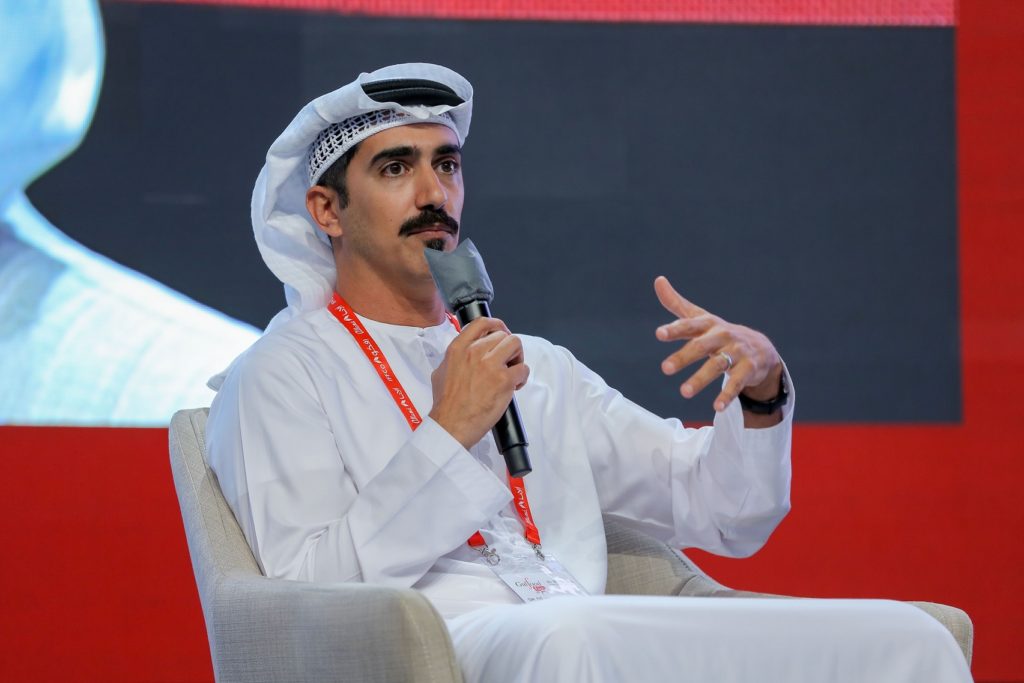Supply Chain Inefficiencies A Big Factor In Annual 1.3 Billion Tonne Food Wastage, Experts Tell Gulfood Innovation Summit

A whopping 1.3 billion tonnes of edible food, equivalent to a third of global production, goes to waste every year through supply chain inefficiencies and consumer behaviours, according to industry experts at the Gulfood Innovation Summit.
Addressing a panel discussion titled ‘Food Waste: From Trash to Cash’, leaders in sustainability, technology and innovation for future food ecosystems discussion how a two-pronged approach of education and action is needed to tackle the growing global concern.
Sheikh Dr. Majid Al Qassimi, founding partner of Soma Mater, the Middle East’s only food and agricultural sustainability consulting company, said food waste does not start with unfinished food in restaurants, it emerges in the supply chain.
“Unfortunately, most people understand that food is lost at the consumer level, what you don’t eat goes into the bin then goes into a landfill somewhere. Actually, food wastage goes across the whole supply chain so what isn’t obvious to consumers, manufacturers will know, that right from the production of food through to consumption, you have something called food loss.” Said Al Qassimi.
“This starts at the farm and continues through the supply chain – from trading inefficiencies in logistics right up to processing and the waste streams that come with that; then into the kitchen when it is on our plates; which then goes in the bin and turns in to food wastage.”
“There is a lot of leakage along the value chain,” he added, citing a recent National Geographic study that said the value chain inefficiencies equate to 51% of food produced being lost in farms, even before it reaches the consumers.
Echoing this sentiment, Marcio Barradas, CEO and founder – 3D Essence Food and Moodbytes, a company dedicated to bringing cutting-edge food technologies to the industry, said: “The number, 1.3 billion tonnes of food waste, is not correct. There is food waste and food losses. Food waste is very simple, it is everything that does not get consumed whether at home or in a restaurant. Food losses is what happens between leaving the farm and not arriving to the supermarket and consumers. We are targeting that specific journey as the food is optimal for consumption, but it doesn’t reach the consumer because it is out of scale, over mature or was damaged in transport.”
When asked specifically about helping hotels and restaurants reduce their food loss and waste,
Ignacio Ramirez, Global Head of Operations, Managing Director MENA – Winnow Solutions, a company specialising in helping the hospitality sector cut food waste in half,said; “Food waste for us is a behavioral issue.If we take away the food loss down the chain and look at the wastage from a consumer or commercial kitchen level, it is behavioral issue in society of wanting to have a variety of produce all year round, but it is also because we don’t have the data that tells us how much food waste is actually happening. We lack granular data that tells us how much wastage is happening and the costs attached to that.
“Data and numbers are important, talking about the size of the problem is important. Food waste is a topic that people try and avoid and blame on each other. Food waste is three times worse than single use plastics for the environment and people talk about single use plastics all the time, but not food waste. Those figures are what we should be showing people to better understand this trillion-dollar problem.”
The Gulfood Innovation Summit concludes on Wednesday 24 February. Key sessions include ‘Delivering the Vision on Destination Dining’with José Silva, CEO – Jumeirah Group; ‘Trapping into Passion to Capture Enthusiasm for Apps and Social Media’; ‘Building a Foodtech Ecosystem for the Future’ and more.




